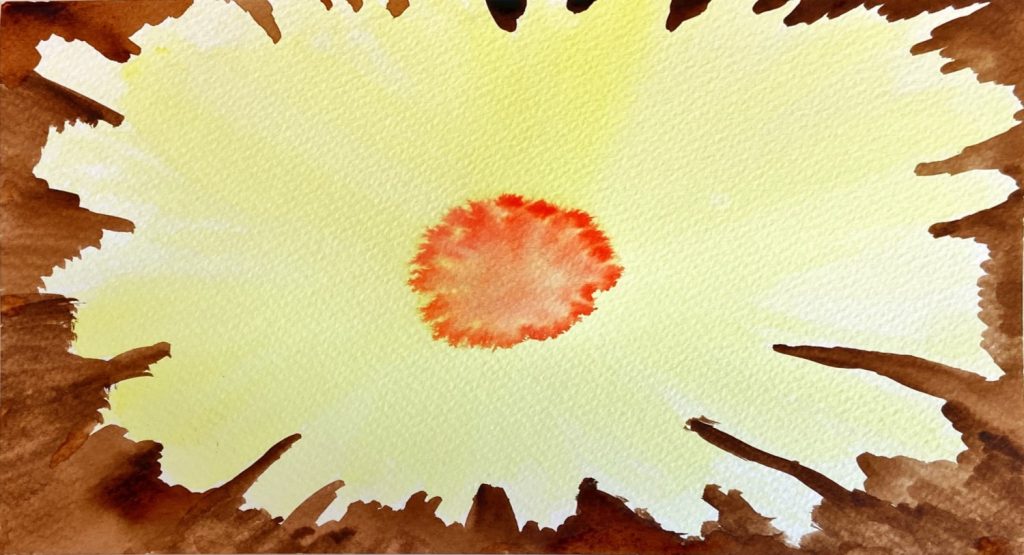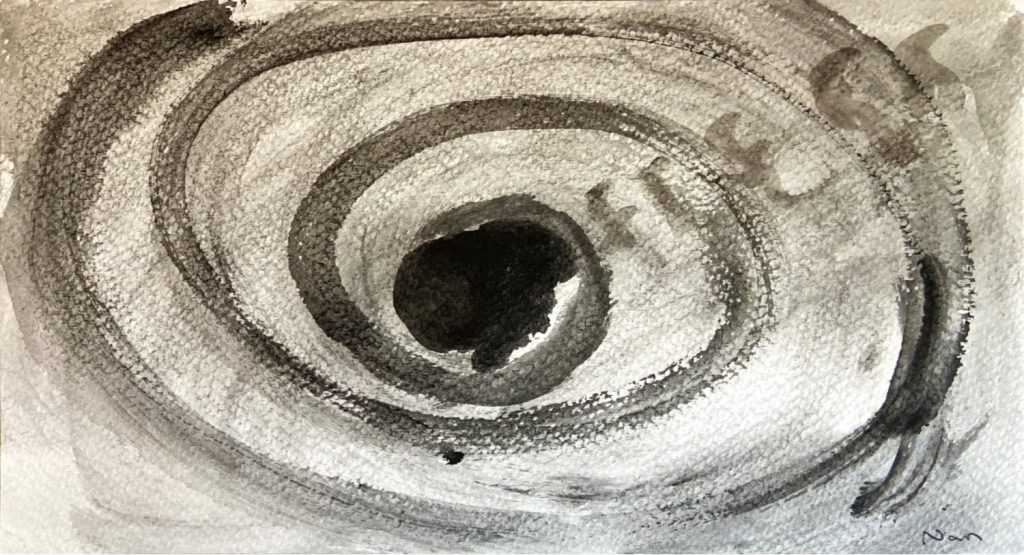
This may not be true about all things. For example, someone who suffers from trauma is not going to find healing by coming to terms with the difficulties in functioning that trauma causes. But for someone who is grieving, this statement is true.
Ten words that are so hard to achieve. Easier said than done!
If I was to say those words to someone who was recently bereaved, I wouldn’t be surprised if they responded angrily. These words may be true, but healing is not instant. Healing is not meant to be instant. It takes time to work through all the feelings associated with losing someone – or in the case of the loss being a country, job, house, marriage, body part etc. something.
There has to be time to grieve, to feel the pain, the loneliness, the emptiness, the total devastation of life as you know it. There has to be time to be able to put all that has changed into a different perspective. There has to be time to assign meaning to all that has changed. That time is not a matter of days. It is more likely to be months and years.
As time passes there will be many moments of coming to terms with things as they are. Things as they are will change over the months and years and that will always need to be accepted.
Each step of healing is a step onto unchartered ground. You need to step carefully. To feel your way. To ensure you are stepping on ground that can support you. That cannot be achieved at a running pace.
Allow time to heal. Allow reverses. Allow for the occasional misstep onto ground that cannot support you. Allow yourself to be miserable, or lonely, or feel lost.
In the long term, expect healing.



